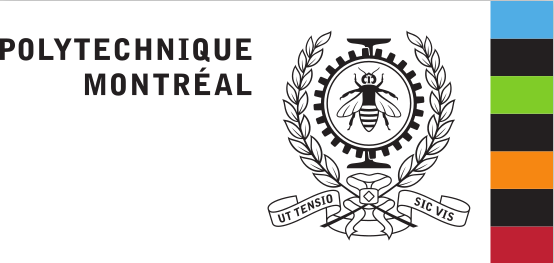High fidelity modeling of bladed disk/casing systems
| ABG-132855 | Thesis topic | |
| 2025-07-10 | Public funding alone (i.e. government, region, European, international organization research grant) |

- Engineering sciences
Topic description
Context and objectives
More stringent environmental constraints and a very competitive global context force manufacturers to face new challenges in order to improve the efficiency of turbomachines, be it in the aerospace sector or for power generation. The impossibility to compromise safety or the environmental footprint of such systems means that in early design stages designers must now understand and account for nonlinear vibration phenomena - such as blade/casing contacts - that are still only partially characterized today. The proposed Ph.D. project is part of a larger research program that aims at developing a numerical strategy for the simulation, the characterization and the consideration of blade/casing contact phenomena within compressor blade design stages using two complementary solution paradigms: in the time domain and in the frequency domain. This research program will give the opportunity to both industrial partners to share their common knowledge and expertise on this topic in order to develop a uniform numerical tool suited both for gas turbines blades and aircraft engine blades.
Le travail de recherche sera effectué au Laboratoire d'Analyse Vibratoire et Acoustique (https://lava-wiki.meca.polymtl.ca/) (LAVA) de Polytechnique Montréal au Canada. Le candidat recruté travaillera sous la supervision de deux encadrants (Alain Batailly et Oguzhan Tuysuz), à Montréal, dans les locaux du LAVA.
The proposed research has three main objectives:
- Hyper reduction techniques for geometrically nonlinear reduced-order models. The inclusion of geometric nonlinearities in reduced-order models yields a significant computational burden that may lead to weeks of computations for the reduced-order model alone. Hyper reduction techniques offer a promising avenue for reducing computational times.
- Development of thermo-mechanical mistuned bladed disk models. The combination of mistuning and contact non-linearities is a very recent field of research. Preliminary results indicate that localization factors tend to be significantly increased in comparison to those simulated in a linear framework. For blades where the vibration energy may be localized, thermo-mechanical effects may become essential to account for.
- Implementation of a dynamic update of modal reduction bases for efficient multiphysics nonlinear dynamics simulations.
Work environment
The selected candidate will be part of the LAVA which currently employ several researchers and graduate students working in areas closely related to that of the proposed research. All numerical developments will be made using the Python programming language. The candidate will benefit from the digital research infrastructure at LAVA (wiki website, gitlab platform, data and computation servers). The candidate will have the opportunity to supervise undergraduate students throughout the duration of the project.
Starting date
Funding category
Funding further details
Presentation of host institution and host laboratory
The Ph.D. thesis will be carried out in the Laboratory for Acoustics and Vibration Analysis ( https://wiki.lava.polymtl.ca/accueil ) at Polytechnique Montréal.
PhD title
Country where you obtained your PhD
Institution awarding doctoral degree
Candidate's profile
The selected candidate will ideally have advanced notions of vibrations and nonlinear dynamics. A good knowledge of modelling methodologies including the finite element method is preferred. All numerical developments will be carried out using the Python programming language.
Vous avez déjà un compte ?
Nouvel utilisateur ?
Get ABG’s monthly newsletters including news, job offers, grants & fellowships and a selection of relevant events…
Discover our members
 MabDesign
MabDesign  Groupe AFNOR - Association française de normalisation
Groupe AFNOR - Association française de normalisation  ONERA - The French Aerospace Lab
ONERA - The French Aerospace Lab  ASNR - Autorité de sûreté nucléaire et de radioprotection - Siège
ASNR - Autorité de sûreté nucléaire et de radioprotection - Siège  Laboratoire National de Métrologie et d'Essais - LNE
Laboratoire National de Métrologie et d'Essais - LNE  PhDOOC
PhDOOC  Ifremer
Ifremer  Tecknowmetrix
Tecknowmetrix  ADEME
ADEME  Nokia Bell Labs France
Nokia Bell Labs France  CASDEN
CASDEN  Aérocentre, Pôle d'excellence régional
Aérocentre, Pôle d'excellence régional  Généthon
Généthon  SUEZ
SUEZ  MabDesign
MabDesign  CESI
CESI  ANRT
ANRT  Institut Sup'biotech de Paris
Institut Sup'biotech de Paris  TotalEnergies
TotalEnergies

